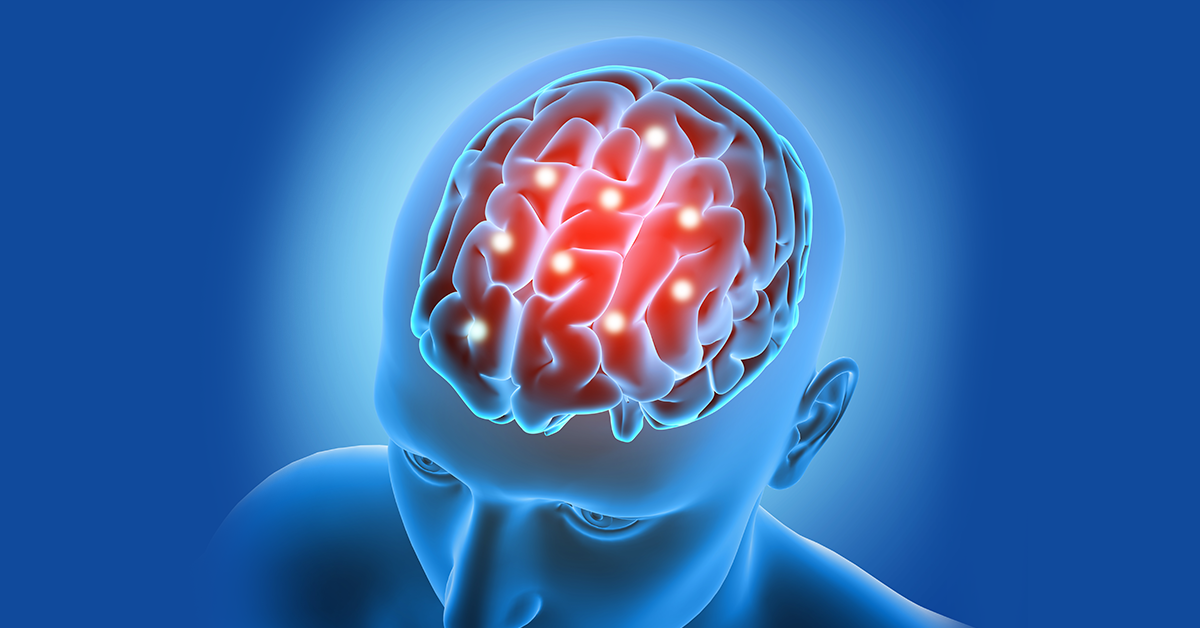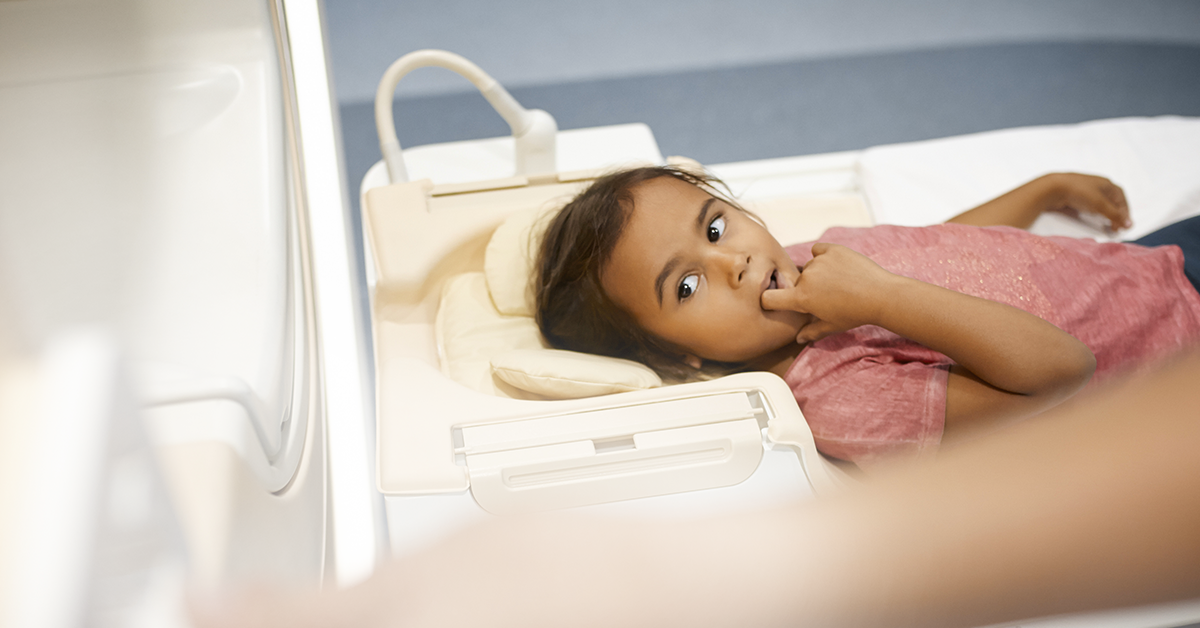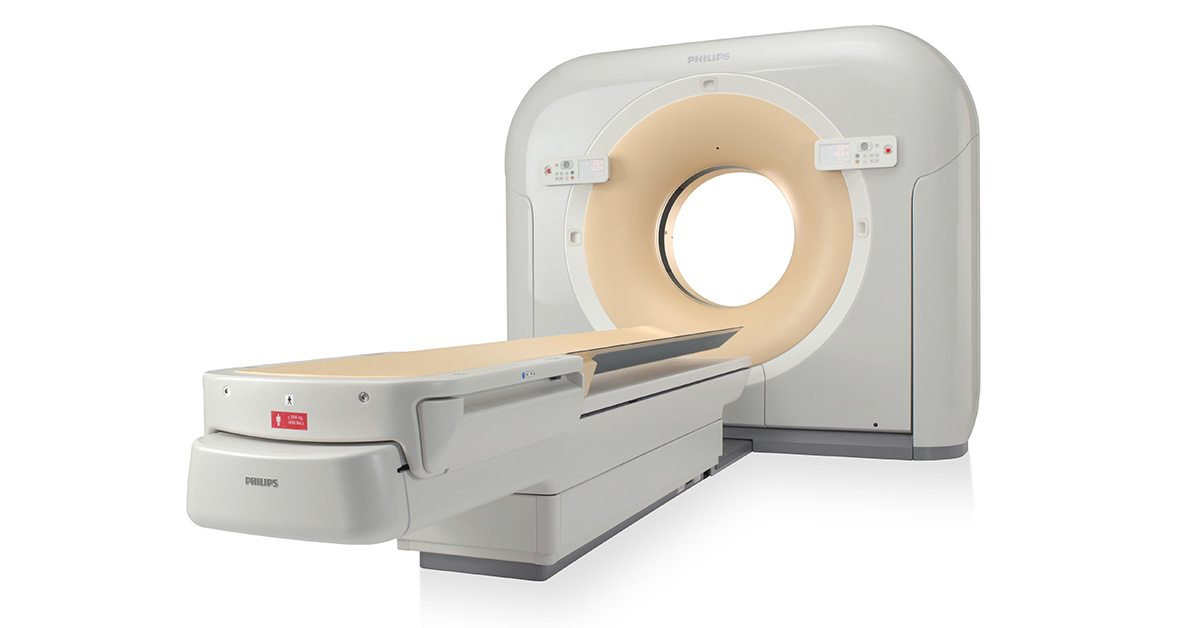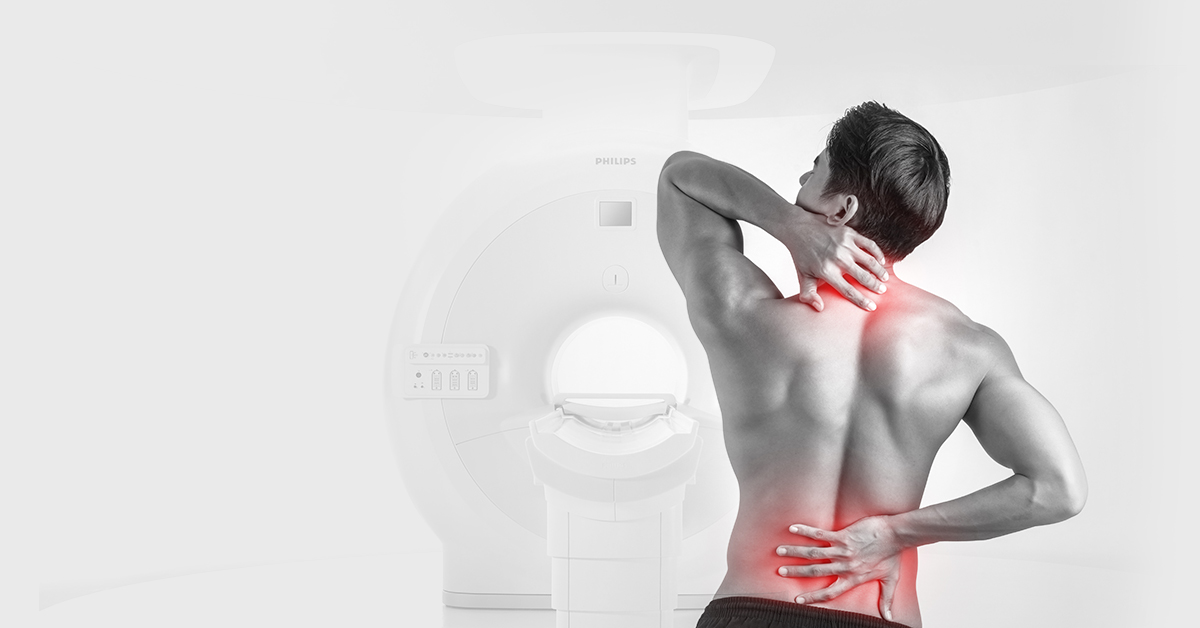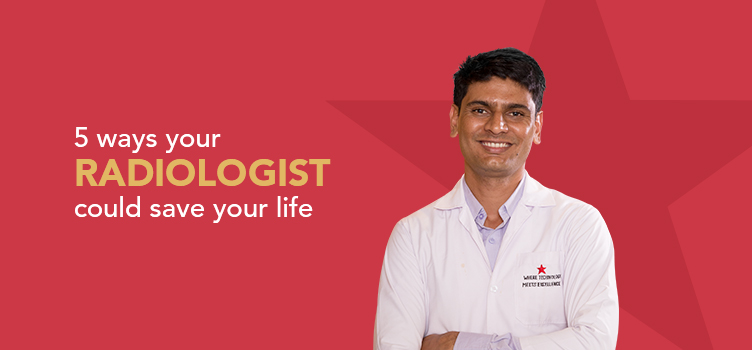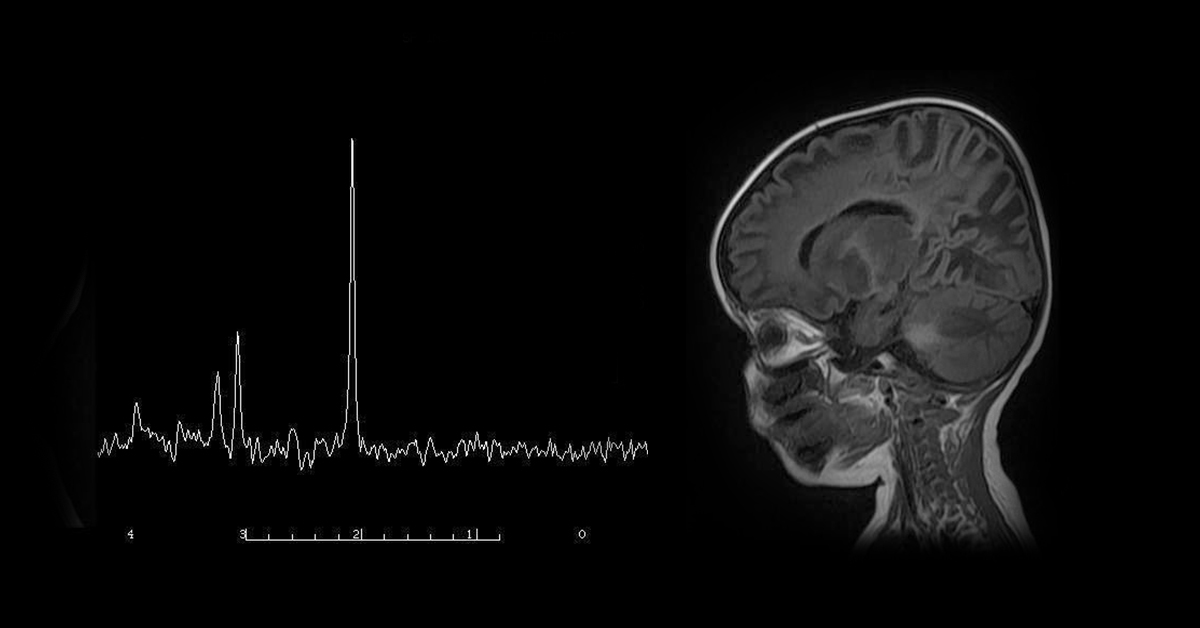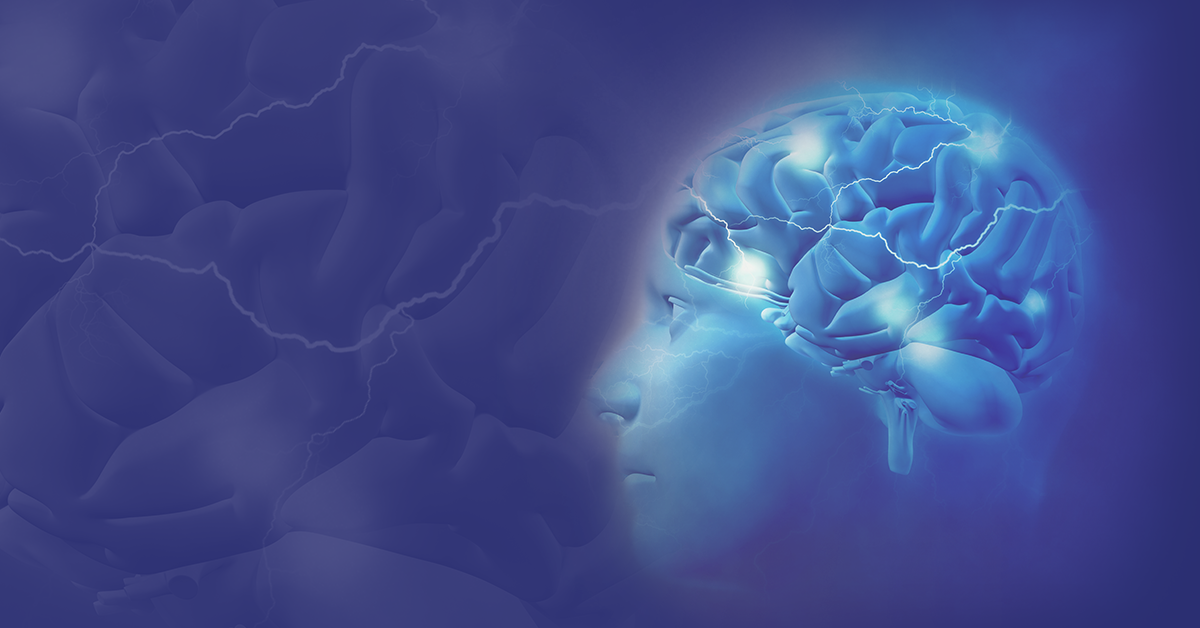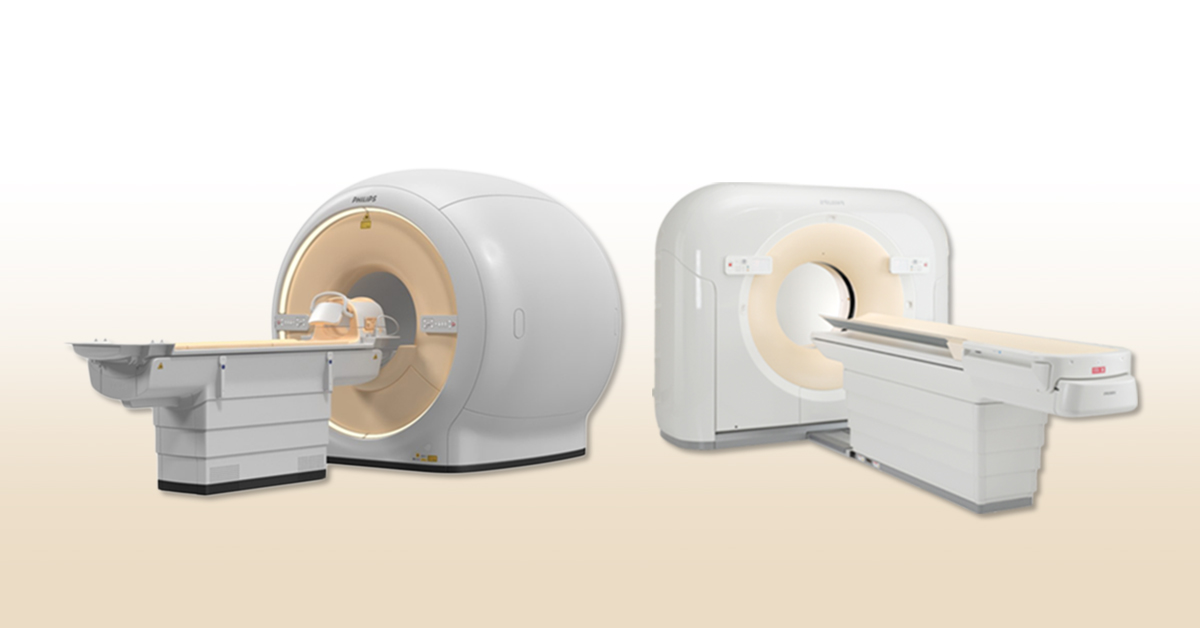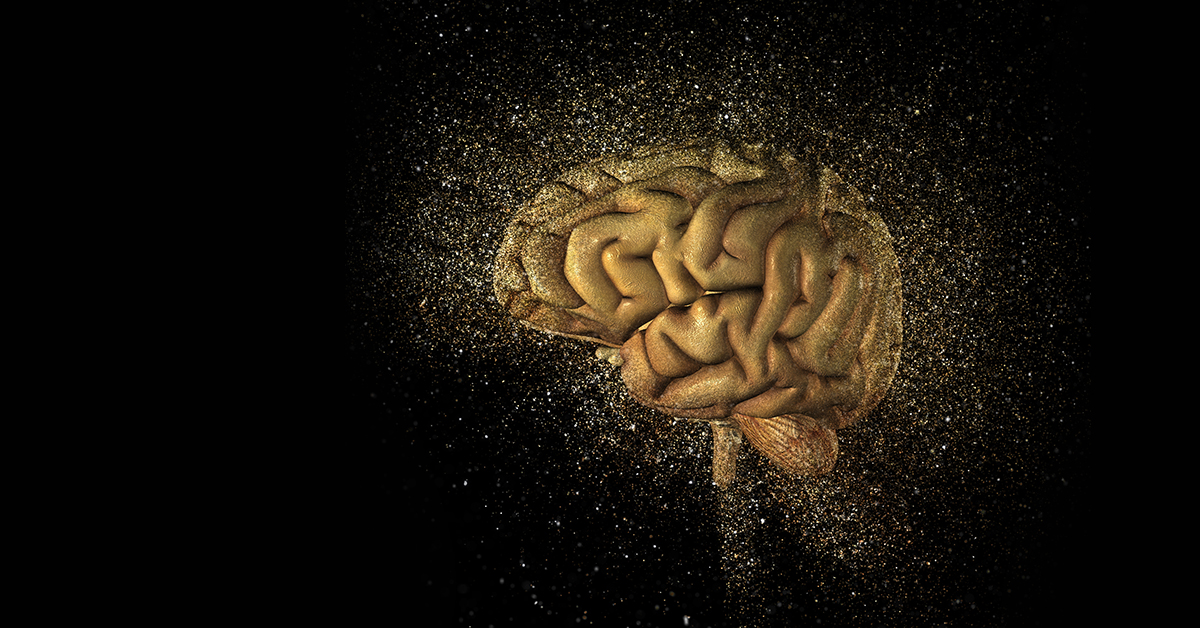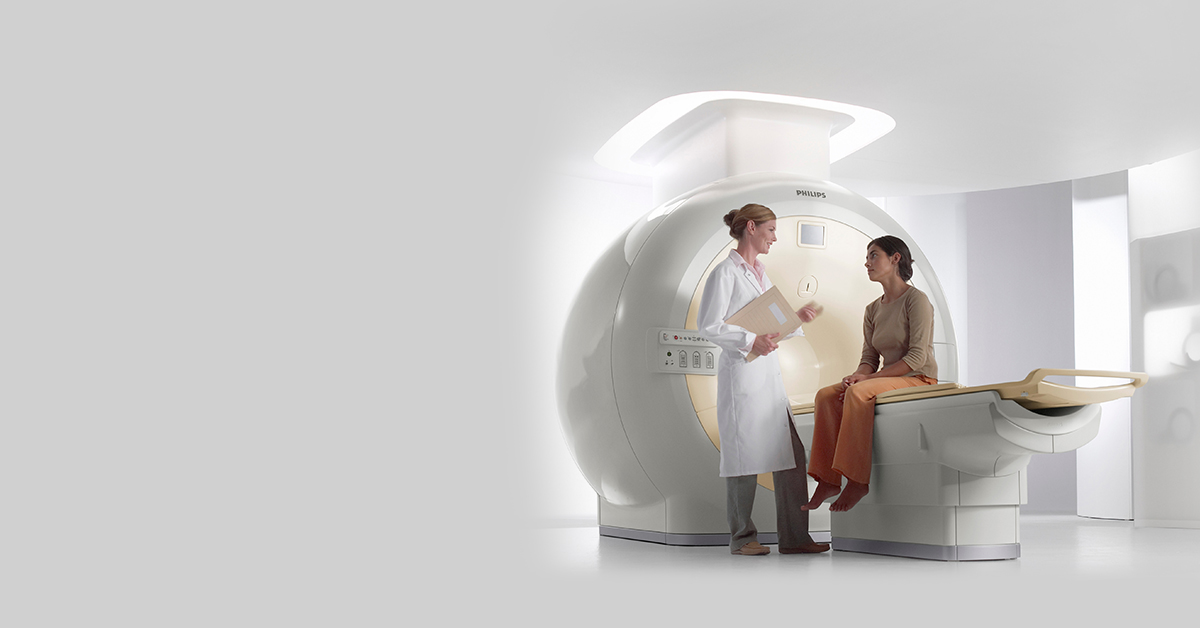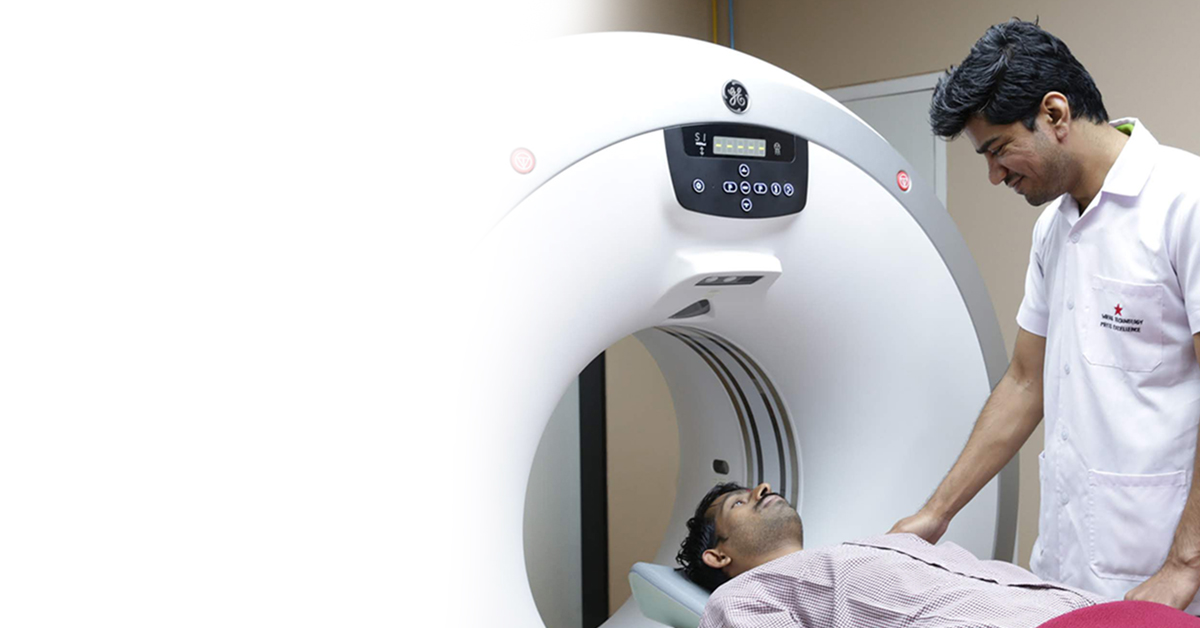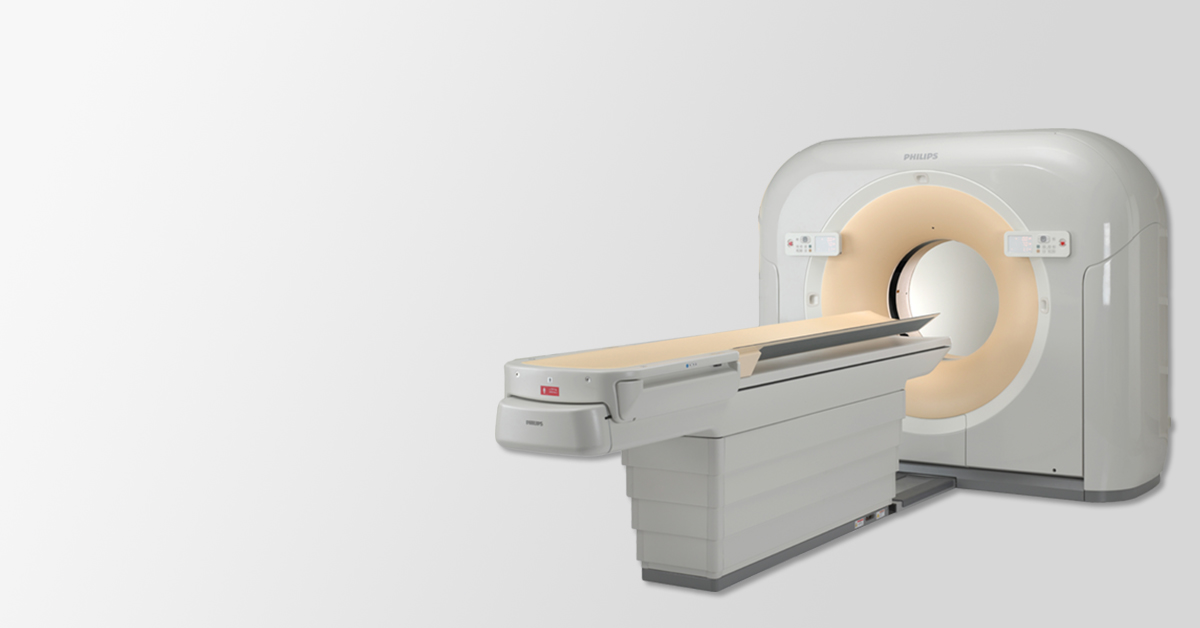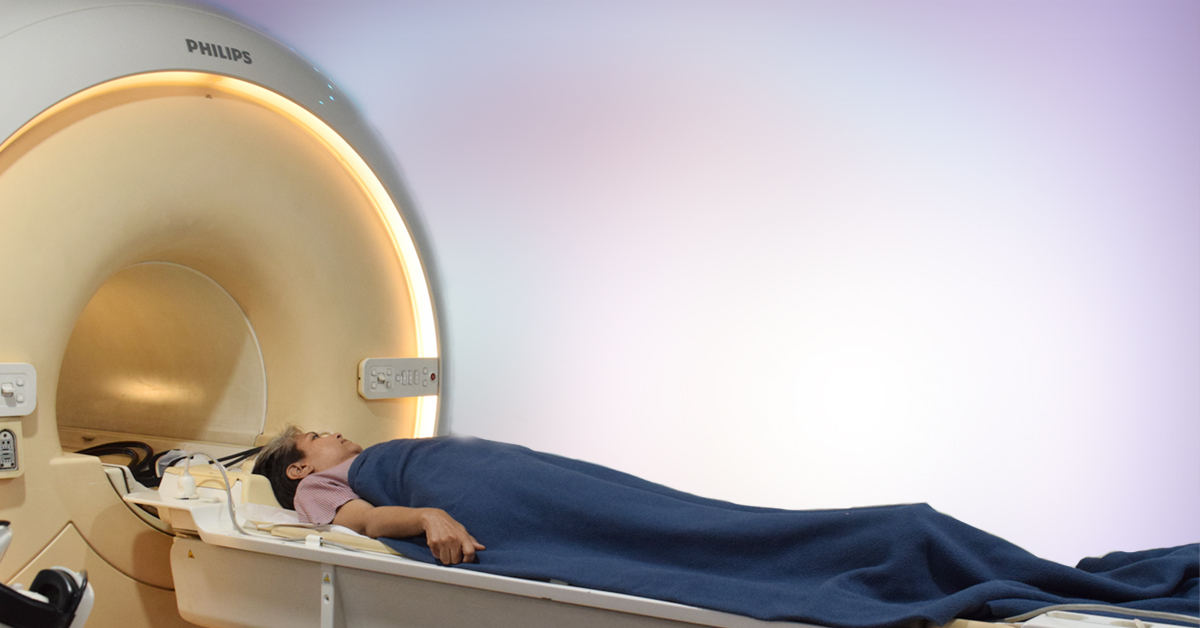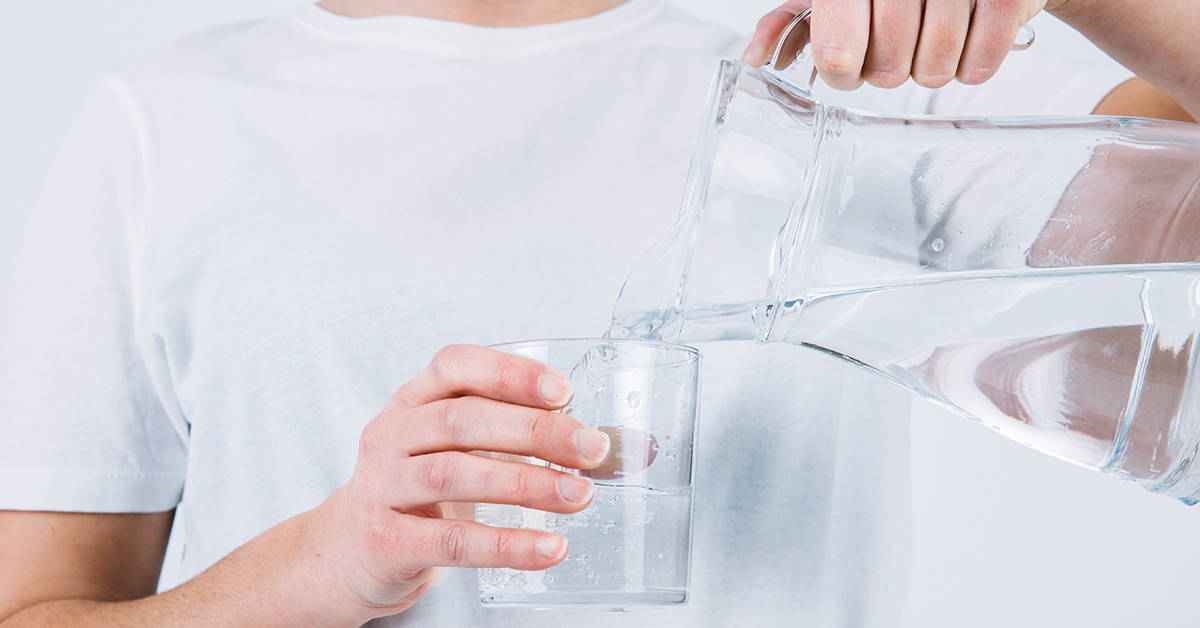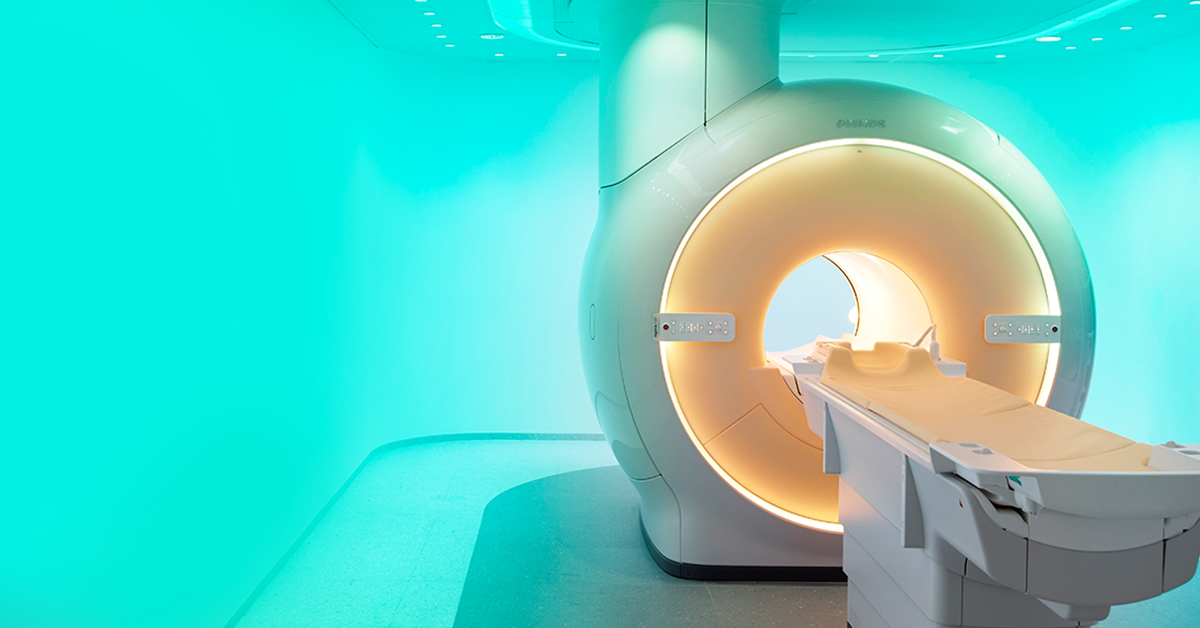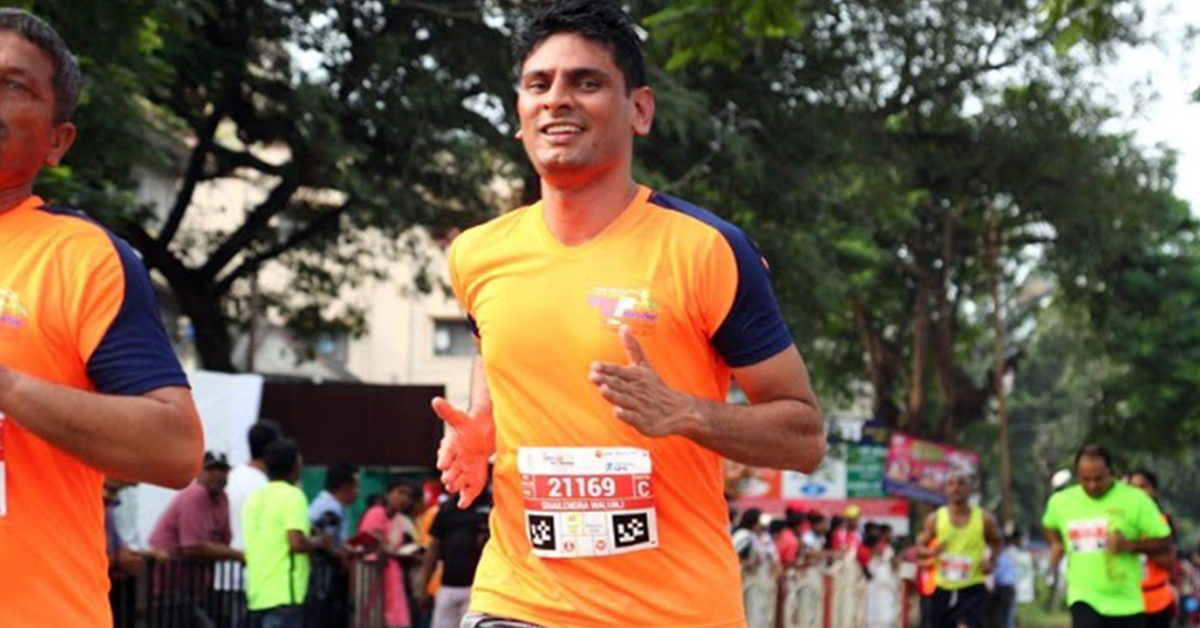
Regular Health Screening Tests Every Man Should Know About
Screening tests help detect diseases and disorders in time, sometimes even before the symptoms start showing, leading to early detection, faster interventions and more lives saved. Read on to know the essential screening tests you should consider if you’re 30 years and above.
30s onwards
Body Mass Index (BMI):
BMI measures body weight for height and is an indicator used to prevent complications that could potentially arise out of obesity. It shows the need for a change in diet and exercise at any given point. A BMI between 18.5 and 24.9 is considered normal. 25 - 30 is overweight and above 30 is considered obese.
Complete Blood Count (CBC) test:
This provides information related to the percentage, concentration and different kinds of red and white blood cells as well as platelets, and helps in the detection of infections, anemias, and other hematological abnormalities. It also shows your hemoglobin level – that is, the general amount of iron in your body. Low hemoglobin levels could lead to fatigue, weakness and other complications.
Fasting blood sugar test / oral glucose tolerance test / HbA1C test:
These tests indicate the presence or absence of diabetes. Remember – you should not eat or drink anything except for water eight hours before taking the fasting blood sugar test, as the name suggests.
Why should you get tested for diabetes?
Diabetes, when caught in time, can be easily controlled, without impinging on a person’s daily life. However, if undetected and left untreated, it can lead to severe complications and can even cause death. In fact, diabetes is notorious for being one of the leading silent killers of today. Diabetes can cause heart and kidney disease, blindness because of damage to the blood vessels of the retina, nerve damage and impotence. People who are overweight or obese, have high blood pressure, Polycystic Ovarian Disorder, heart diseases or a family history of diabetes, are at greater risk. Get tested for diabetes today – it’s a simple test and a simple condition to control – but only if you get tested in time.
Electrocardiogram (ECG):
if your lifestyle doesn’t involve a lot of activity and you show symptoms of excessive sweating, fatigue, anxiety and chest pains, you should consider getting an ECG test. An electrocardiogram makes sure your heart is in working order and helps detect angina (heart muscles not getting enough oxygen, and causing chest pain), blockages and other cardiovascular problems. Depending on your body, lifestyle and diet, an ECG test can be done once every 4 years if you’ve crossed 30.
Dental screening:
Regular dental checks are crucial to ensure good oral hygiene and prevent decays, cavities and the need for root canal procedures.
Other tests:
- 1. Screening for coronary heart disease for men with strong family history and/or other risk factors
- 2. Testicular cancer screening tests
- 3. Other tests as advised by your doctor, given your family history and risk conditions
- 4. Kidney and liver function tests
- 5. Urine tests to check for infections
40s onwards
Blood Pressure:
The risk of high blood pressure increases with age; as well as other factors like weight and lifestyle. A normal systolic/ diastolic blood pressure reading is under 120/80 mm Hg.
If your average BP reading (taken over multiple sittings) is above these numbers, you must take steps to get your BP under control. High blood pressure is a precursor to other complications like heart disease, strokes and kidney failure. If you suffer from high BP (hypertension), you can consider getting a portable BP monitor to keep a regular check on your readings.
Cholesterol Tests:
To measure your cholesterol level, different components of cholesterol are evaluated:
1. Triglycerides
2. Low-density lipoprotein (LDL) or your “bad” cholesterol
3. High-density lipoprotein (HDL) or your “good” cholesterol
A blood test, called the fasting blood lipid panel, measures these “bad” (LDL) and “good” (HDL) cholesterol, as well as triglycerides (blood fat). This test is essential because a high LDL cholesterol level causes plaque to collect in the wall of the arteries, which in turn chokes your arteries and increases the risk of heart attacks and strokes.
50s onwards
Colonoscopy:
A colonoscopy is a common 15-to-20-minute test useful in detecting polyps, and colorectal cancer (cancer of the colon and rectum). The colonoscopy is considered the best screening test for prevention of cancer, especially for people with a family history of the disease.
PSA test (Prostate-specific Antigen):
This is a simple, but extremely essential blood test that assesses the risk of prostate cancer. A PSA level less than 4 is normal – if it’s higher, it’s best to get evaluated by a doctor immediately. But don’t worry, because an elevated PSA could have other causes too and is not always because of cancer.
Test for calcium:
Even though women are at higher risk for osteoporosis, it doesn’t mean that men don’t suffer from calcium deficits – consider taking a blood calcium test or a Bone Densitometry test to evaluate your bone strength and prevent fractures.
Eye tests:
To correct weak eyesight and detect glaucoma and cataracts early, it’s necessary to get regular eye tests.
Apart from the tests listed above, it’s always a good idea to consult with your GP first and get a list of tests tailored specifically to you. Above all, don’t overlook regular screening – it doesn’t take much effort, but it’s the first step to ensure a long and healthy life!
Star Imaging offers the world’s most advanced technology, including 3T MRI scanners with ambient experience, 128 slice CT scanners, a 3D digital mammography machine and more; and is Pune’s leading Second Opinion clinic. For more information, feel free to reach out to us on 020 4132 2222 / 4122 2222.
Other Posts

